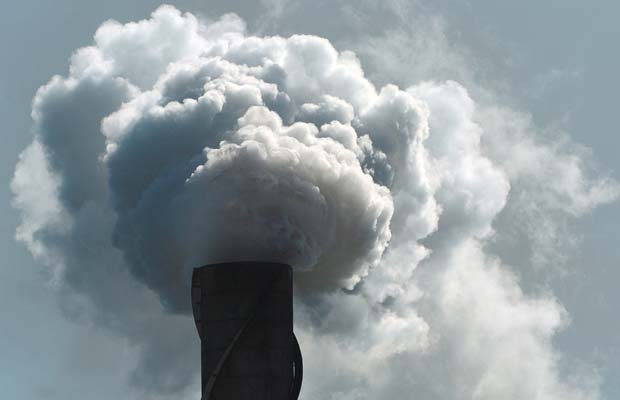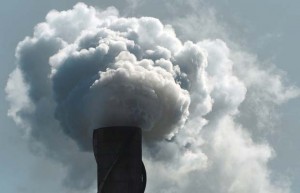A most unpopular carbon tax, introduced by a former Province of British Columbia premier who was literally hounded from office because of it, is working according to the latest report released on Wednesday. Sustainable Prosperity, a think tank based in Ottawa, Canada’s capital, reports that between July 1, 2008 and July 1, 2012, greenhouse gas emissions in British Columbia fell 17.4%. In the rest of the country emissions rose 1.5%.
For those of you who don’t know Sustainable Prosperity, it is a think tank composed of business people, environmentalists, policymakers and academics that seeks real-world environmental solutions. One of its goals is to create public-private partnerships on addressing climate change and environmental sustainability. This includes providing expertise while inspiring conversations among all players in the economy to develop fiscal policies and programs focused on sustainability.
One major concern of this think tank is identifying the real cost of production of goods and services we consume. On the web site they raise this issue as part of their mandate. It reads:
“The operating system of our modern world – the capitalist market – is an incredible tool. It links billions of producers and consumers every day, generating price signals that help people around the world decide what to make and what to buy. But when it comes to conserving Earth’s natural environment, our markets are badly broken: we don’t pay the true environmental costs of making, using and getting rid of stuff.”
Among the think tanks top research priorities are:
- Designing carbon pricing systems;
- Developing low-carbon technologies;
- Measuring the impact of carbon pricing.
In British Columbia’s first four years of operating a carbon tax, the think tank report points out that reductions have occurred across all fuel types not just those used for transportation. In addition:
- British Columbia has sustained growth in its economy at a similar pace to the rest of the country;
- British Columbia has lowered income tax rates as an offset making them the lowest in the country;
- Cuts to income and other taxes have exceeded carbon tax revenues by $500 million over the five years.
British Columbia, despite lots of spirited opposition from industry and other government jurisdictions, initiated its carbon tax in 2008 imposing a price on carbon-based fuels. It was the first North American jurisdiction to impose such a tax and it worked as follows.
The initial CO2 emission tax was set at $10 per ton. This was to rise $5 per ton each year to max out at $30. On gasoline and diesel fuel this has meant an additional cost to consumers of about 7 cents a liter (26 cents per U.S. gallon).
To offset this the government stated it would institute a revenue neutral strategy. So for every dollar raised through the carbon tax the province provided reductions in other types of taxes including taxes on income. In addition the province provided special assistance to vulnerable and low income groups as an offset to the cost of a carbon tax. Now the province is better than half way to its 33% reduction goal.
For skeptics who argued that a carbon tax would harm the economy the results so far are proving them wrong. And the results are consistent with those seen in European countries where a carbon tax has been in place for as long as a decade. Want to read the full report? Access it here.










